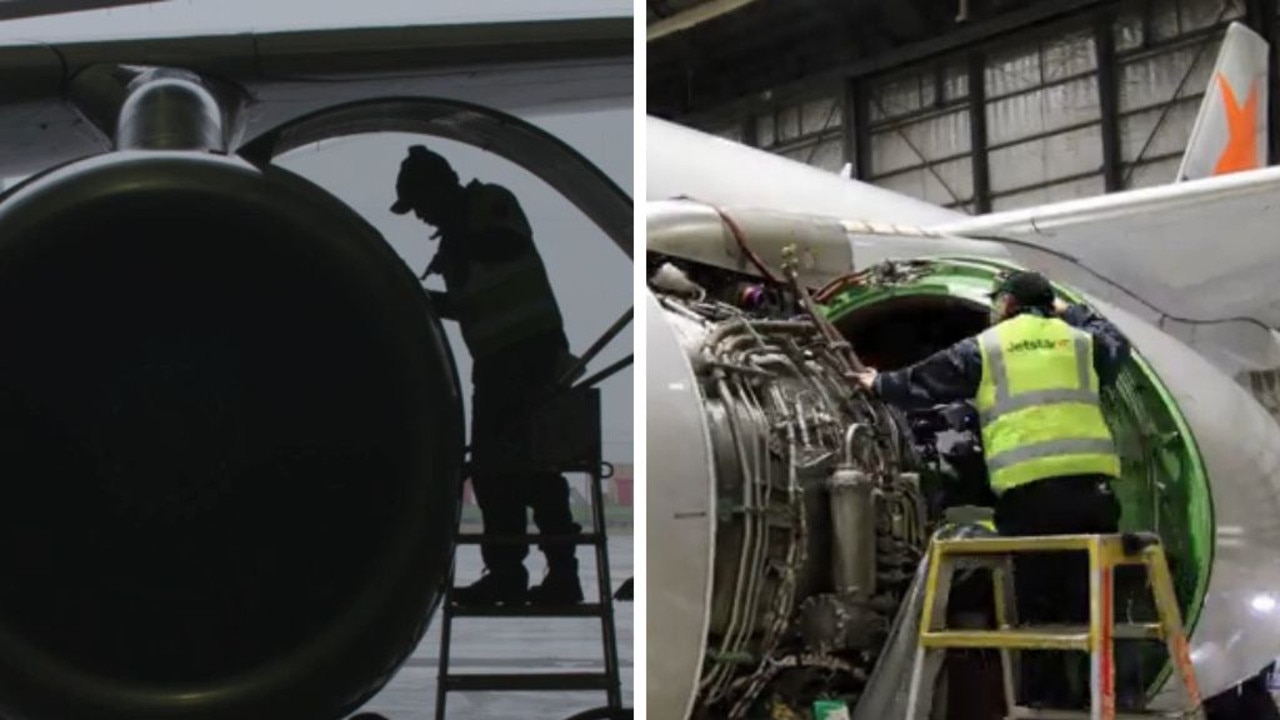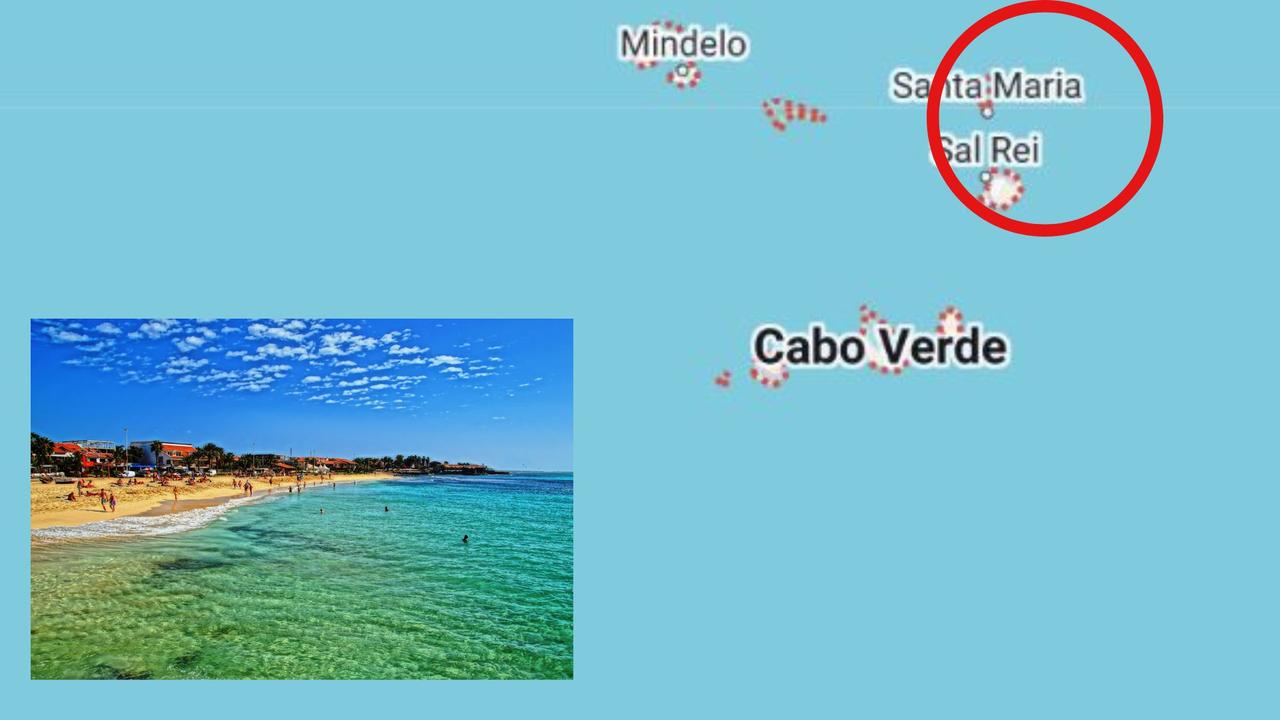Virgin Australia: Why government bailout is needed to avoid disaster
Virgin Australia will reportedly go into administration today, after failing to find a white knight - but it’s a move that spells disaster.

There are a few options available besides bailing out struggling airline Virgin Australia - but all of them have drawbacks.
The struggling airline has reportedly received the green light from its board to go into voluntary administration, after earlier suspending its shares from trading on the stock exchange as it desperately sought someone – anyone – to pitch in enough money to stop it from going broke.
Crisis talks with the NSW and Queensland governments failed to come up with enough cash to bail out the grounded airline.
The beleaguered company is struggling to overcome the $5 billion in debt to come from the COVID-19 pandemic.
Sources have told media outlets the company was unable to secure assistance from the federal government, despite repeated efforts.
“The Virgin Australia Group is focused on ensuring we manage the business through this difficult period and maintain a strong and competitive aviation industry in Australia for years to come,” said CEO Paul Scurrah.
But it will be tough. While Qantas likely has enough liquidity to ride out the coronavirus, Virgin needs outside finance to avoid collapse. Private equity firms are investigating buying it. It has even asked the government for a loan - of a casual $1.4 billion.
RELATED: NSW Government may help Virgin Australia from voluntary administration
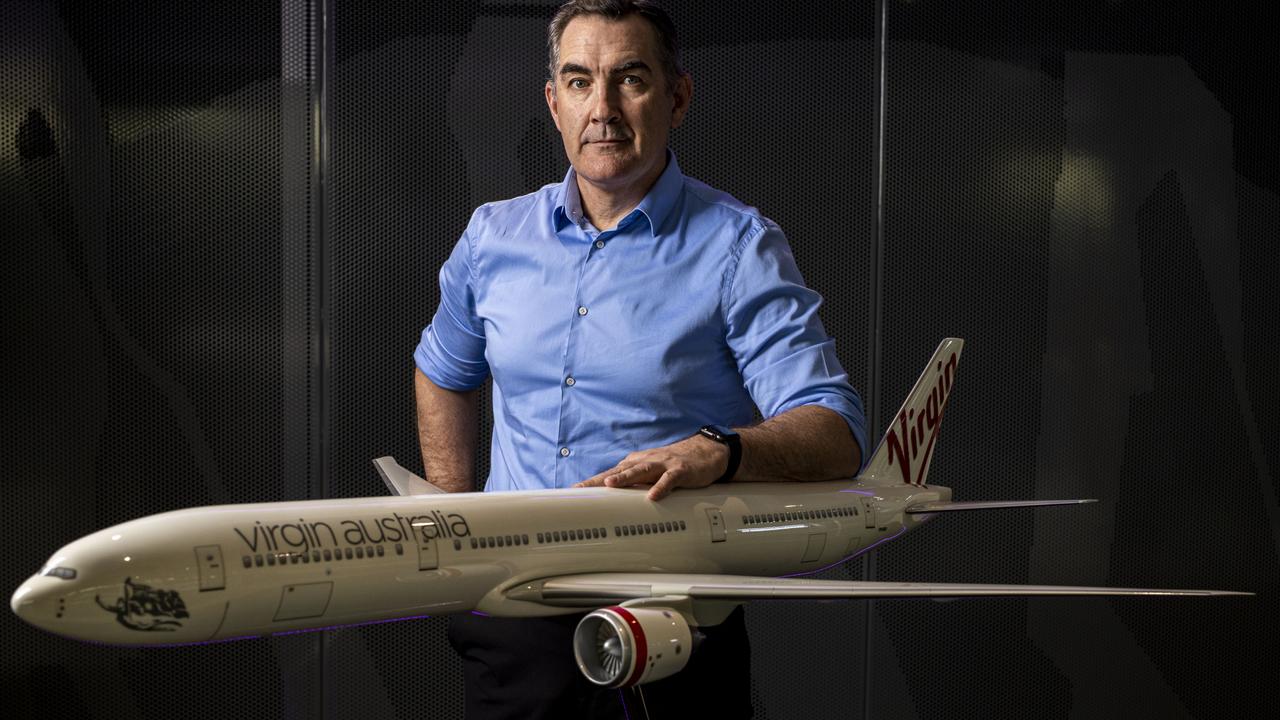
It is very tempting to permit the forces of natural selection to do their work. Capitalism is all about thinning out the weak businesses and letting the strong survive. After all, we let businesses keep their profits in the good times – why should we step in and save them in the bad times?
But the reality is that we need Virgin. The alternative is to let the big red kangaroo run rampant in domestic aviation. A Qantas monopoly would serve nobody’s interests - except its shareholders.
There are a few alternatives to just propping up Virgin, but sadly they all have big flaws.
OPTION 1: CABOTAGE
Cabotage refers to letting foreign airlines fly domestic routes. It could, in theory, be a good solution. Cabotage is currently banned, which is why you can’t just jump on a Singapore airlines plane for a leg from Melbourne to Sydney.
Flying domestic routes on a plane that is ultimately heading overseas wouldn’t be perfect – they leave from international terminals so domestic passengers would have to go through the international terminal with all its extra queues and processes. But permitting those planes to take domestic passengers could help create competition.
RELATED: Queensland’s bold move to save embattled airline
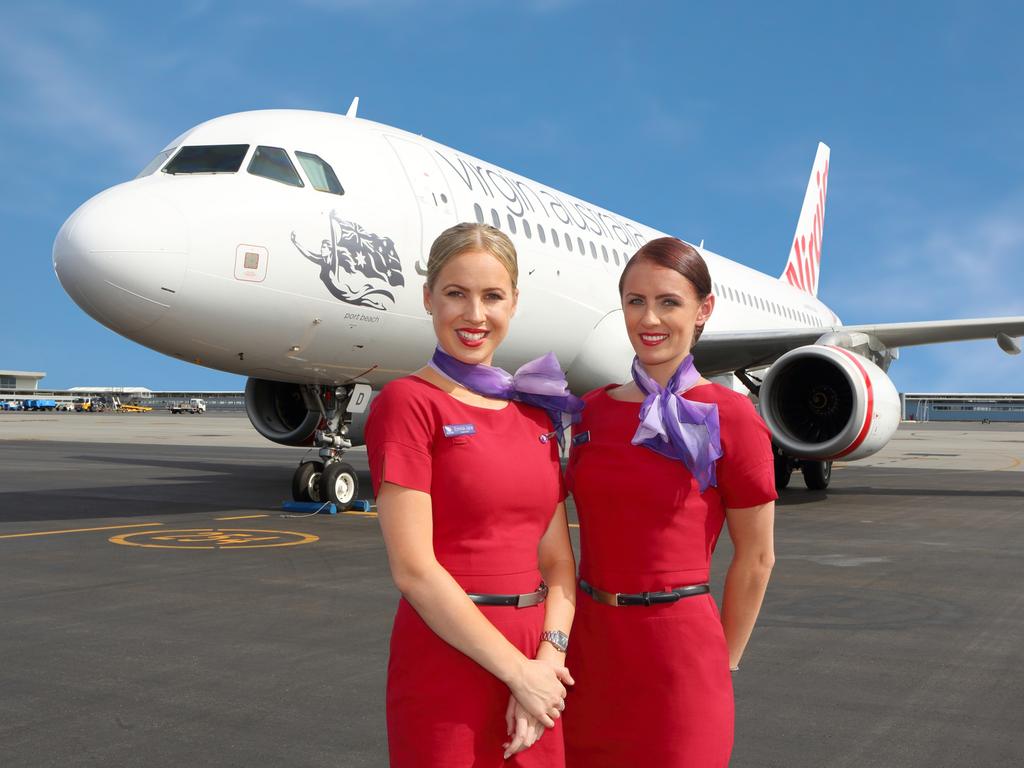
If Garuda and United and Emirates were able to take people from Perth to Adelaide, say, that would help keep Qantas from pricing tickets extremely high.
The big problem here is that international flights are not likely to be happening any time soon. We could perhaps permit cabotage, but you need foreign airlines to actually fly for it to work.
OPTION 2: LET AIRPORTS BUY VIRGIN
Airports are rich and stable. They could easily buy Virgin. The market value of Sydney Airport alone is $13 billion, almost 20 times higher than the approximately $700 million market value of Virgin.
Airports have a stake in cheap airfares. If airfares are low, lots of planes take off and land, meaning they can charge lots of landing fees. Plus lots of passengers go through the terminals, buying things at the shops. If an airport bought Virgin, it should be in their interest to keep ticket prices low.
RELATED: Federal Government won’t give Virgin Australia individual bailout

When a business owns the companies it sells to, they call this vertical integration. A classic example is Shell – it owns everything from oil wells to oil tankers to petrol stations. Airports buying their customers would not be without precedent.
The problem is that once an airport owned one of its customers, others might get rough treatment. Would Qantas find it easy to get landing slots at Sydney airport if the airport owned Virgin? Probably. Airports are monopolies themselves, and they have a lot of market power. That would increase if they got vertically integrated.
OPTION 3: LETTING QANTAS RUN AS A MONOPOLY
The next few years are going to be an extremely tough time to run an airline. People will be travelling a lot less, for multiple reasons.
Fears of the virus will take a long time to abate. For a while it will be a rational fear. After that, however, we will still have behavioural quirks, just like people who lived through the Great Depression. The idea of sitting elbow-to-elbow in a narrow aluminium tube breathing the recycled exhalations of a bunch of strangers is going to be uncomfortable for a long time.
The economy will be weaker, and flying is still a luxury that we can trim.
Businesses will have learned a lot about the power of video conferencing. If they can save money by not flying, they will.
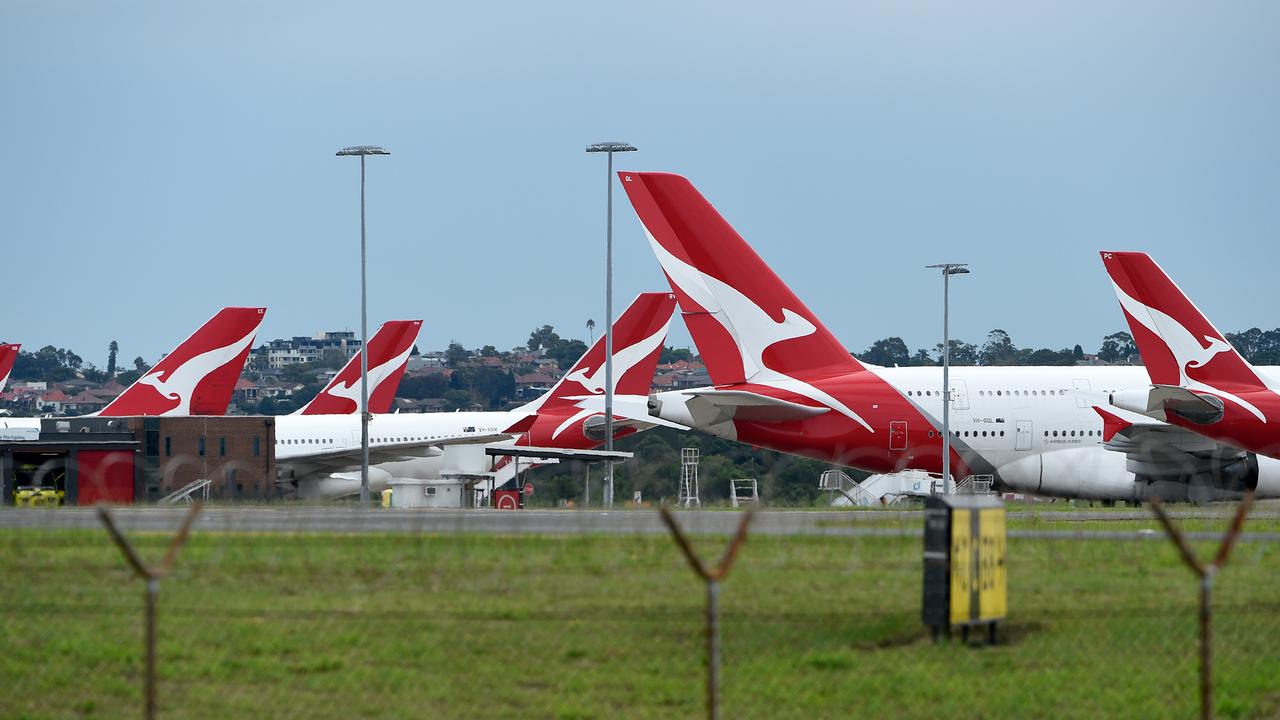
Given all that, it might make sense to let Qantas run as a monopoly – maybe the number of airlines our country will be able to support in the next few years is just one?
But ultimately gifting Qantas a monopoly would be shooting ourselves in the foot. Not only does Virgin have a lot of employees who would lose their jobs - but if we let Qantas loose on the Australian airline market as a sole player, what is likely to happen is higher prices.
When airlines have exclusive access to routes, prices are far higher. A great example is flights from Australia to the US. That route was regulated up until 2008, and return economy flights were over $2000 – often well over that price. After 2008, competition came in, a return flight to LA fell to around $1000. That contributed to a huge boom in the number of Aussies flying to America.

There’s an important lesson there – low prices aren’t just nice in and of themselves. Low prices help make travel more abundant and increase economic activity.
In the coronavirus recovery phase, an airline monopoly creaming off high prices would be like glue, making travel more expensive and more difficult for the rest of the economy. Flights are an input to a lot of businesses – the lower airfares are the easier it will be for business to spring back to growth.
Not to mention our domestic tourism market. We are likely to be without foreign tourists for quite a while, so – once things open up internally, our tourism industry is going to be relying on Australians travelling within Australia. If domestic flights all cost $600, that’s going to crunch tourism.
So we need Virgin, not because it is special, but because of the powerful forces of competition that it contributes. We need to make sure it doesn’t fail – but we shouldn’t do more than that. The trick is to offer to keep it alive in return for something big – if the government does have to bail it out then part ownership should be on the table in return.
Jason Murphy is an economist | @jasemurphy. He is the author of the book Incentivology.


